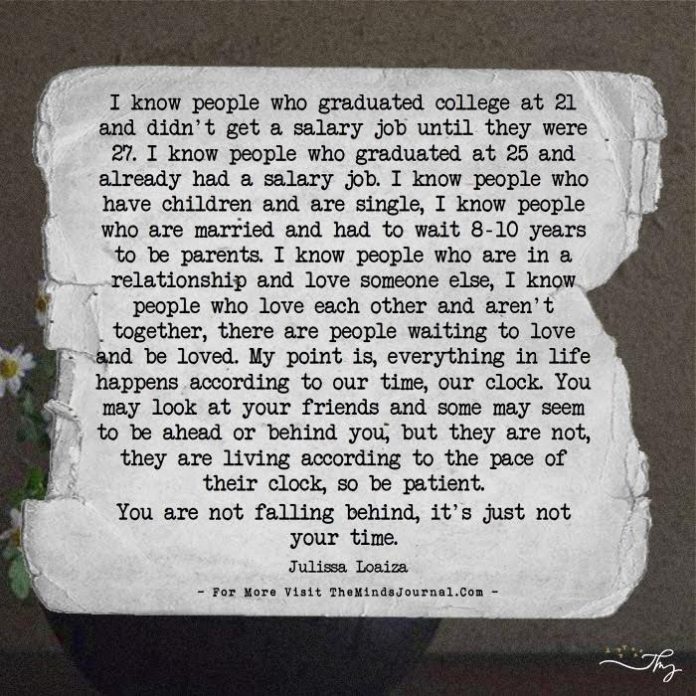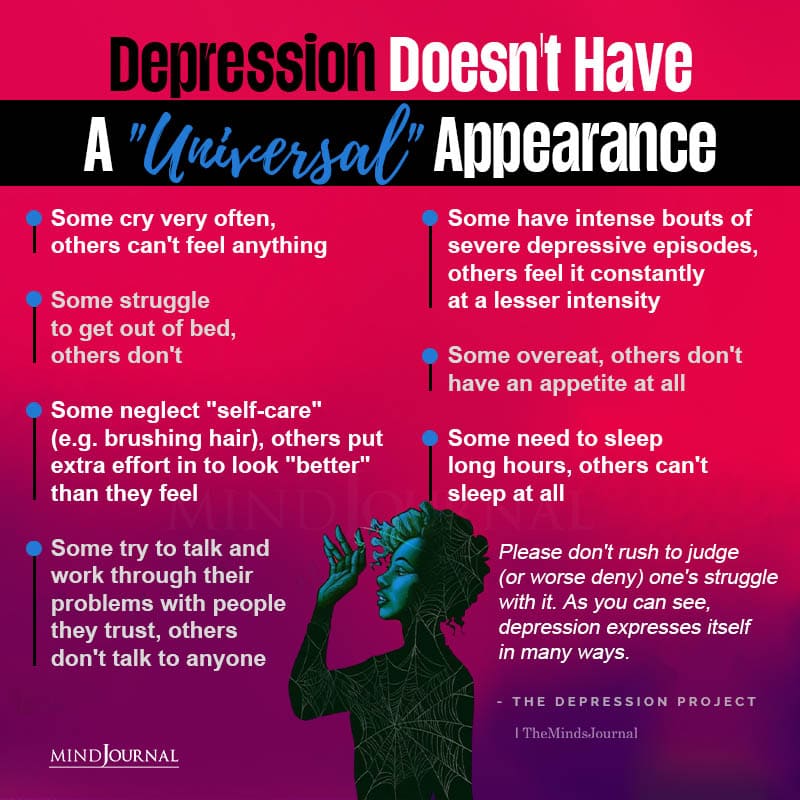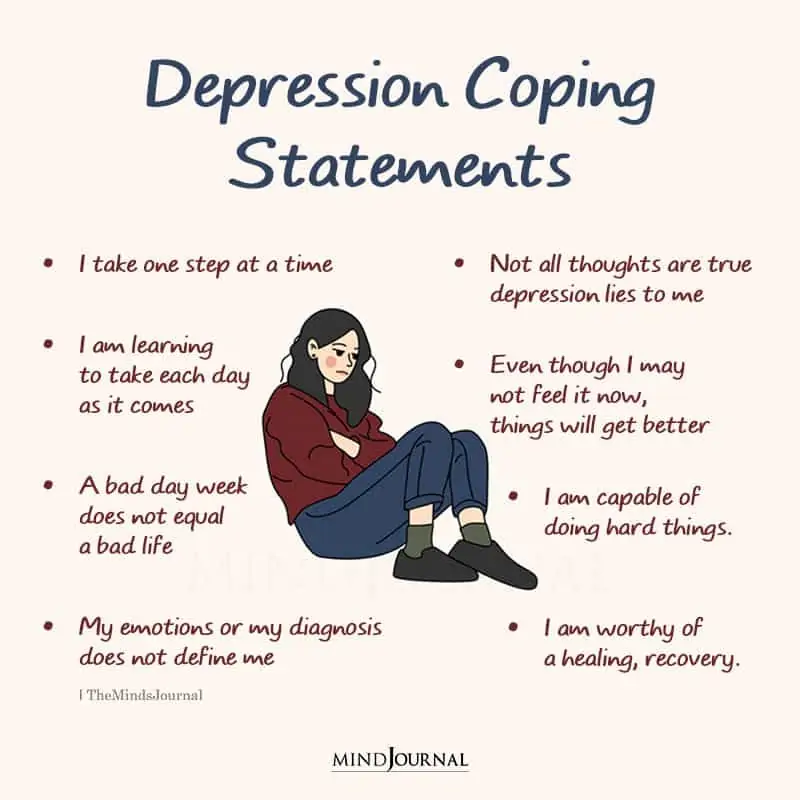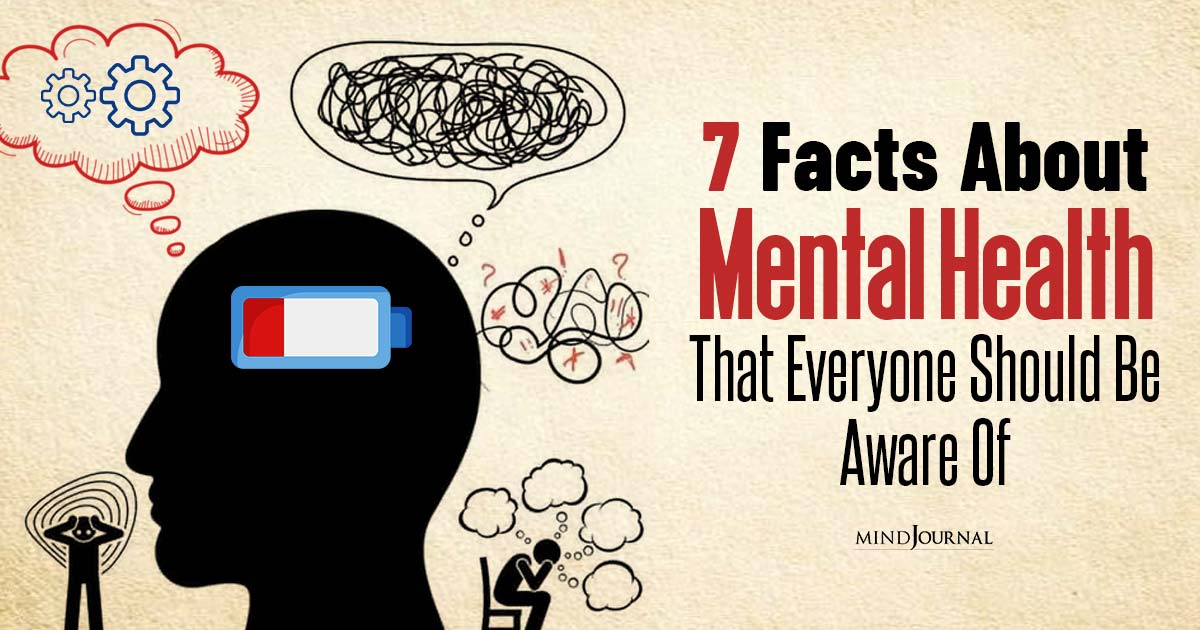Did you experience a mix of excitement and uncertainty after completing your graduation? The transition from the structured world of academia to the uncharted territory of post-graduation life can be overwhelming. This can lead to a rollercoaster of emotions, including post-graduation depression.
Let us explore what is post grad depression, its symptoms, and most importantly, effective strategies on how to overcome post graduation depression. So, if you’re a recent graduate struggling to find your footing, keep reading – there is hope on the other side!
What is Post Grad Depression?
Post graduation depression, also known as post grad depression or post graduate blues, is a psychological phenomenon that affects many individuals after completing their studies.
Post grad depression is a phenomenon where recent graduates experience feelings of sadness, anxiety, and uncertainty after completing their studies. It is characterized by a profound sense of sadness, confusion, and anxiety about the future.
It often arises from the stress of transitioning from the structured environment of academia to the unpredictable job market or further education. The transition from the familiar routine of college or university to the real world can be jarring, and this emotional upheaval is not uncommon.

Recent graduates may feel overwhelmed by the pressure to find a job, establish their career, or adjust to new routines. The sudden loss of the familiar student lifestyle and social support network can exacerbate these feelings.
Recognizing post-graduate depression is crucial, as seeking support from friends, family, or mental health professionals can help navigate this challenging period.
Related: Philosophy And Depression: Does Studying Philosophy Make You Depressed?
Post Grad Depression Symptoms You Should Be Aware Of
Recognizing post grad depression symptoms is crucial as it can help us identify the signs and learn how to overcome post graduation depression before it affects our health, career, relationships and future.
Here are some of the most common symptoms of post grad depression you should know about –
1. Loss of Identity
After spending years identifying as a student, it’s common to feel a sense of loss when that identity is suddenly stripped away. You may find yourself questioning who you are without the structure of academia.
2. Uncertainty and Fear
The future can seem daunting, and feelings of uncertainty about career prospects, financial stability, and personal fulfillment can arise as signs of post-graduation depression.
3. Social Isolation
The shift from a bustling campus filled with friends and classmates to a more solitary work environment can leave you feeling socially isolated and disconnected.
4. Lack of Motivation
The absence of clear goals and deadlines, which were inherent to academia, can lead to a lack of motivation and direction in post-graduate life.
5. Emotional Instability
Mood swings, irritability, and a general feeling of being overwhelmed are common symptoms experienced during this period.

What Causes Post Graduation Depression?
Post graduation depression can stem from a number of factors that contribute to the development of this complex psychological condition. Here are some of the major contributing factors –
1. Loss of Structure
The structured nature of academic life provides a sense of purpose and direction. When that structure disappears, it can leave a void and contribute to feelings of emptiness and confusion.
2. Unrealistic Expectations
Society often paints a rosy picture of post-graduation life, emphasizing success and achievement. When reality falls short of these lofty expectations, it can lead to disappointment and a sense of failure.
Related: How To Deal With Anxiety: 3 Simple Steps To Cope
3. Career-related Stress
The pressure to find a job, build a career, and make important life decisions can be overwhelming. The fear of making the wrong choices can contribute to post-graduation depression.
4. Financial Pressures
The transition from being a student to managing finances independently can be a significant stressor. The burden of student loans, coupled with the struggle to secure a stable income, can add to the emotional strain.
5. Social Comparison
Comparing oneself to peers who appear to be thriving can intensify feelings of inadequacy and self-doubt.
How to Overcome Post Graduation Depression: 7 Tips for Coping With Post Grad Depression
Struggling with post-graduation blues? Here are some effective strategies to overcome depression and navigate the transition into post-graduate life with confidence –
1. Acknowledge Your Feelings
Recognize that it is normal to experience a range of emotions during this transitional phase. Allow yourself to grieve the loss of the familiar and be patient with yourself as you adjust to this new chapter.
2. Seek Support
Reach out to friends, family, or mentors who can offer guidance and a listening ear. Consider joining support groups or seeking professional counseling to help navigate the emotional challenges.
3. Set Realistic Expectations
Understand that success is not always linear, and everyone’s journey is unique. Focus on setting realistic and achievable goals for yourself, taking small steps towards your aspirations.
4. Embrace Uncertainty
Instead of viewing uncertainty as a negative, embrace it as an opportunity for growth and exploration. Use this time to discover new interests, develop new skills, and expand your horizons.
5. Prioritize Self-Care
Engage in activities that bring you joy and help alleviate stress. Exercise regularly, maintain a healthy sleep routine, and practice mindfulness or meditation to promote emotional well-being.
6. Maintain Connections
Cultivate and nurture relationships with friends and loved ones. Surrounding yourself with a supportive network can provide a sense of belonging and help combat feelings of isolation.
7. Seek Professional Guidance
If post-graduation depression persists and significantly impacts your daily life, seeking professional help from therapists or counselors may be a good idea. They can provide valuable tools to manage and overcome these challenges.
Related: How To Overcome Negative Thinking And Depression

Takeaway
Post graduation depression is a common experience for many individuals navigating the transition from student life to the professional world. By understanding the symptoms, underlying causes, and implementing strategies to overcome it, you can navigate this challenging period with resilience and hope.
Remember, you are not alone in this journey, and with time, patience, and self-care, you will emerge stronger, wiser, and ready to embrace the opportunities that lie ahead.
Frequently Asked Questions (FAQs):
Is it normal to feel lost after graduation?
Feeling lost after graduation is common due to the shift from a structured academic environment to the uncertainties and responsibilities of adulthood.
How do I get out of post-grad funk?
To overcome post-grad funk, set small goals, seek support, explore new opportunities, and prioritize self-care and positive habits.
What is post graduation anxiety?
Post-graduation anxiety is the stress and uncertainty experienced by graduates as they navigate the transition to post-graduate life and responsibilities.









Leave a Reply
You must be logged in to post a comment.